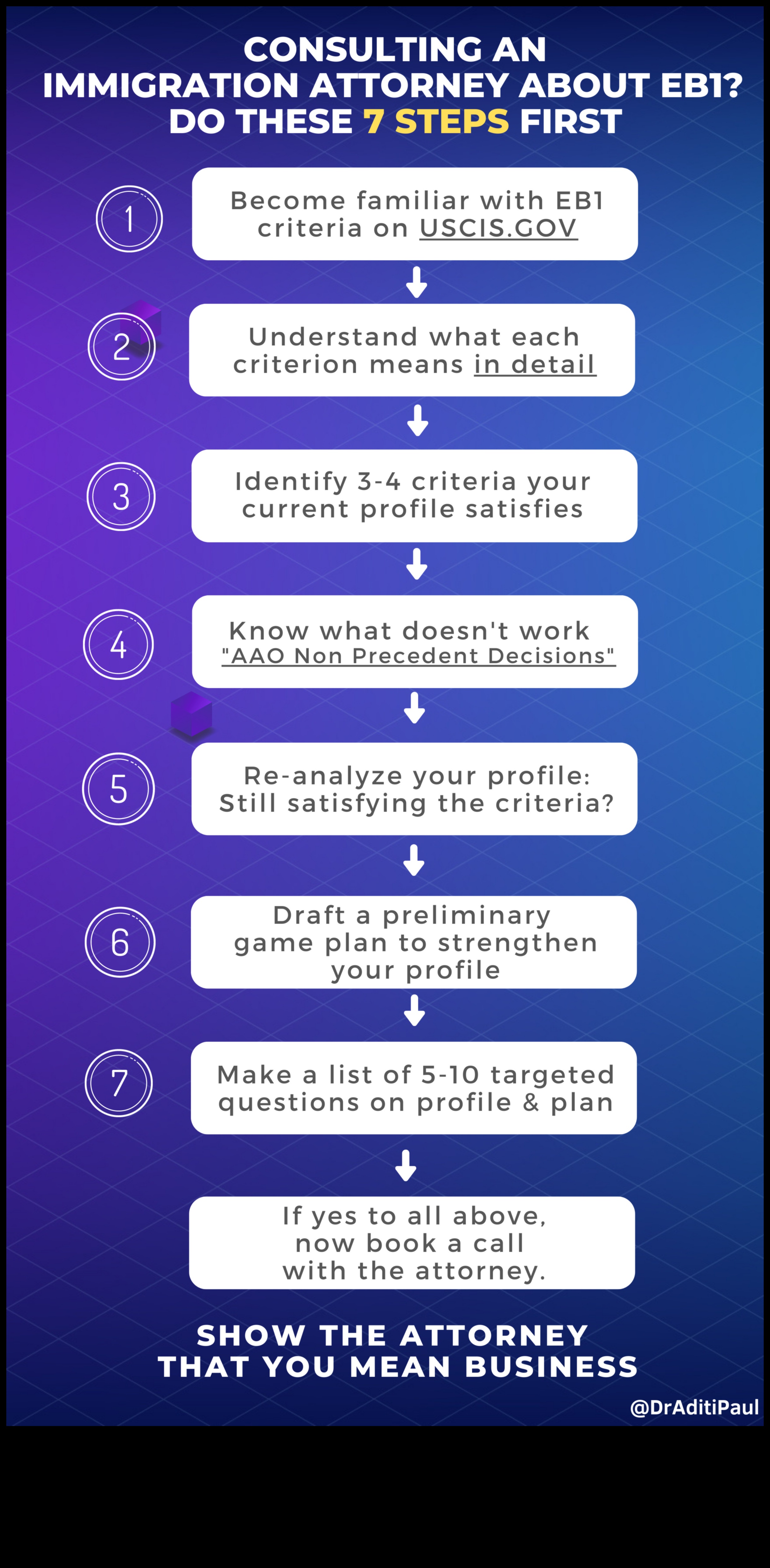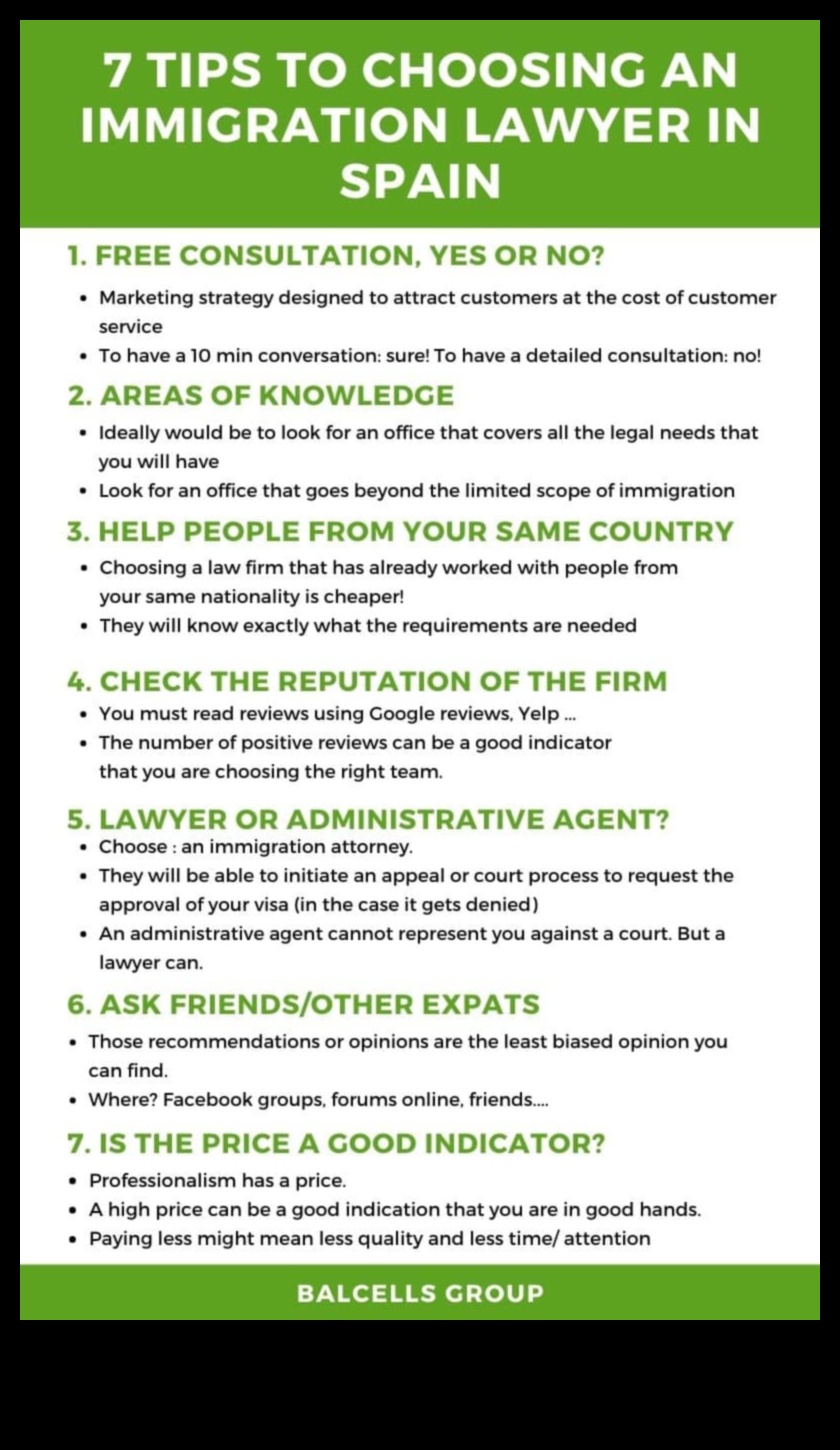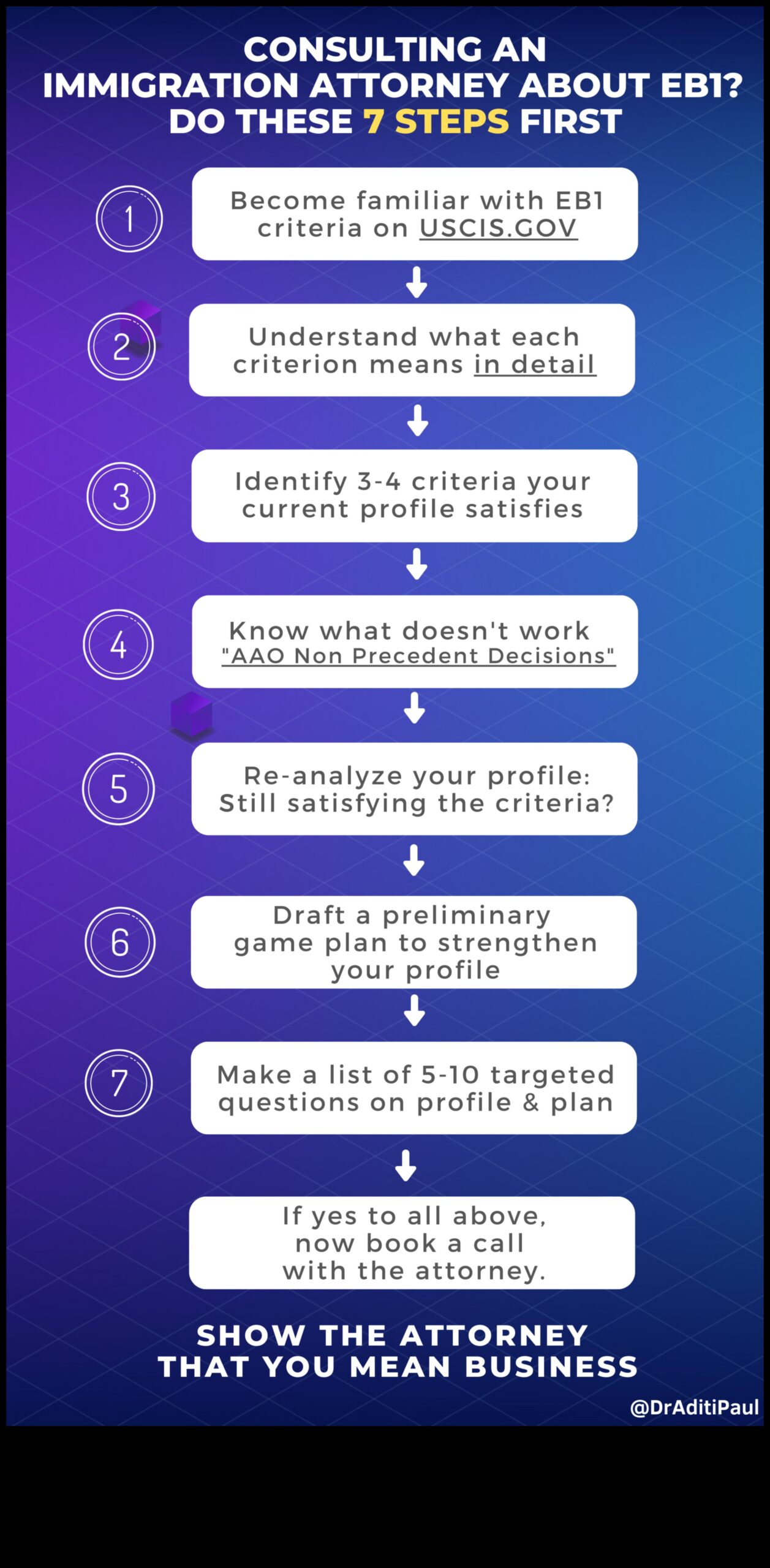
How to Become an Immigration Lawyer
II. Educational Requirements
III. Work Experience Requirements
IV. Bar Exam Requirements
V. Licensure Requirements
VI. Continuing Education Requirements
VII. Professional Associations
VIII. Starting Your Own Practice
IX. Marketing Your Practice
X. FAQ
| Topic | Answer |
|---|---|
| Introduction | Immigration law is the body of law that governs the admission, exclusion, and removal of non-citizens from a country. Immigration lawyers specialize in this area of law and help their clients navigate the complex immigration process. |
| Educational Requirements | To become an immigration lawyer, you must have a Juris Doctor (JD) degree from an accredited law school. You must also pass the bar exam in the state in which you want to practice law. |
| Work Experience Requirements | Most immigration law firms require their attorneys to have at least one year of experience working in the field. |
| Bar Exam Requirements | The bar exam is a standardized test that all law school graduates must pass in order to practice law. The bar exam is administered by the state bar association in each state. |
| Licensure Requirements | In addition to passing the bar exam, you must also be licensed to practice law in the state in which you want to practice. The licensing process varies from state to state, but generally involves submitting an application, paying a fee, and taking an oath to uphold the law. |

II. Educational Requirements
To become an immigration lawyer, you must first earn a law degree from an accredited law school. The American Bar Association (ABA) accredits law schools in the United States. The ABA requires law schools to offer a three-year program of study that includes courses in legal research, writing, and analysis. Law school graduates must pass the bar exam in the state in which they want to practice law.
III. Work Experience Requirements
In addition to the educational requirements listed above, most states require immigration lawyers to have at least one year of full-time work experience under the supervision of an experienced immigration lawyer. This experience can be gained in a law firm, government agency, or non-profit organization.
Some states also require immigration lawyers to have a certain number of hours of continuing legal education (CLE) credits. The CLE requirements vary from state to state, but typically include courses on immigration law, ethics, and professional responsibility.
If you are interested in becoming an immigration lawyer, it is important to start early and get as much experience as possible. This will help you to develop the skills and knowledge you need to succeed in the field.
IV. Work Experience Requirements
In addition to the educational requirements listed above, most states require immigration lawyers to have at least one year of full-time work experience in the field. This experience can be gained through a variety of positions, such as working as a law clerk for an immigration law firm, working as an immigration paralegal, or working for an immigration government agency.
The specific work experience requirements vary from state to state. For example, California requires immigration lawyers to have one year of full-time work experience in the field, while New York requires two years of full-time work experience.
It is important to note that some states may also require immigration lawyers to have a certain number of hours of continuing legal education (CLE) credits in order to maintain their license. The specific CLE requirements vary from state to state.
If you are interested in becoming an immigration lawyer, it is important to research the specific work experience and CLE requirements in your state. You can find this information on the website of your state’s bar association.

V. Licensure Requirements
In order to practice immigration law, you must be licensed by the state in which you wish to practice. The requirements for licensure vary from state to state, but generally include:
- A law degree from an accredited law school
- Passing the bar exam
- Satisfying any other requirements set forth by the state bar association
The bar exam is a standardized test that all law school graduates must take in order to be admitted to the bar. The exam is administered by the National Conference of Bar Examiners (NCBE) and is typically offered twice a year. The bar exam consists of two parts: the Multistate Bar Examination (MBE) and the Multistate Essay Examination (MEE). The MBE is a 200-question multiple-choice exam that tests your knowledge of legal principles. The MEE is a six-hour essay exam that tests your ability to analyze and apply legal principles to fact patterns.
The bar exam is a challenging exam, but it is not impossible to pass. If you are prepared and you study hard, you can pass the bar exam and become a licensed immigration lawyer.

VI. Continuing Education Requirements
In order to maintain their license to practice law, immigration lawyers are required to complete a certain number of hours of continuing education each year. The specific requirements vary from state to state, but typically include courses on topics such as immigration law, ethics, and professional responsibility.
Continuing education is important for immigration lawyers because it helps them stay up-to-date on the latest changes in the law and the best practices for representing clients. It also provides an opportunity for lawyers to network with other professionals in the field and learn from their experiences.
There are a variety of ways for immigration lawyers to complete their continuing education requirements. They can attend in-person seminars and workshops, take online courses, or read books and articles on immigration law.
It is important for immigration lawyers to make continuing education a priority in their professional development. By staying up-to-date on the latest changes in the law, they can provide their clients with the best possible legal representation.
VII. Professional Associations
There are a number of professional associations that immigration lawyers can join to stay up-to-date on the latest developments in the field, network with other professionals, and advocate for their clients. Some of the most prominent associations include:
- American Immigration Lawyers Association (AILA)
- National Association of Immigration Judges (NAIJ)
- American Immigration Council (AIC)
- Immigration Law and Policy Center (ILPC)
These associations offer a variety of resources and services to their members, including:
- Continuing legal education courses
- Networking opportunities
- Legal research and analysis
- Advocacy on behalf of immigrants
If you are interested in becoming an immigration lawyer, joining a professional association is a great way to get involved in the field and learn more about the latest developments.
Response format is unexpected.
IX. Marketing Your Practice
Marketing your immigration law practice is essential to attracting new clients and growing your business. There are a number of different ways to market your practice, including:
- Search engine optimization (SEO): Make sure your website is optimized for search engines so that potential clients can find you when they search for immigration law services.
- Pay-per-click (PPC) advertising: Use PPC advertising to target potential clients who are searching for immigration law services.
- Social media marketing: Use social media platforms to connect with potential clients and share information about your practice.
- Content marketing: Create and publish high-quality content that is relevant to your target audience.
- Email marketing: Use email marketing to stay in touch with potential clients and promote your services.
- Networking: Attend industry events and meet other immigration lawyers.
- Referrals: Ask your existing clients for referrals.
By using a variety of marketing methods, you can reach a wider audience of potential clients and grow your immigration law practice.
FAQQ: What are the educational requirements to become an immigration lawyer?
A: To become an immigration lawyer, you must have a Juris Doctor (JD) degree from an accredited law school. You must also pass the bar exam in the state where you want to practice law.
Q: What are the work experience requirements to become an immigration lawyer?
A: In addition to your JD degree and passing the bar exam, you must also have at least one year of full-time work experience in immigration law.
Q: What are the bar exam requirements to become an immigration lawyer?
A: The bar exam is a standardized test that all law school graduates must pass in order to practice law. The bar exam is administered by the state bar association in each state.
